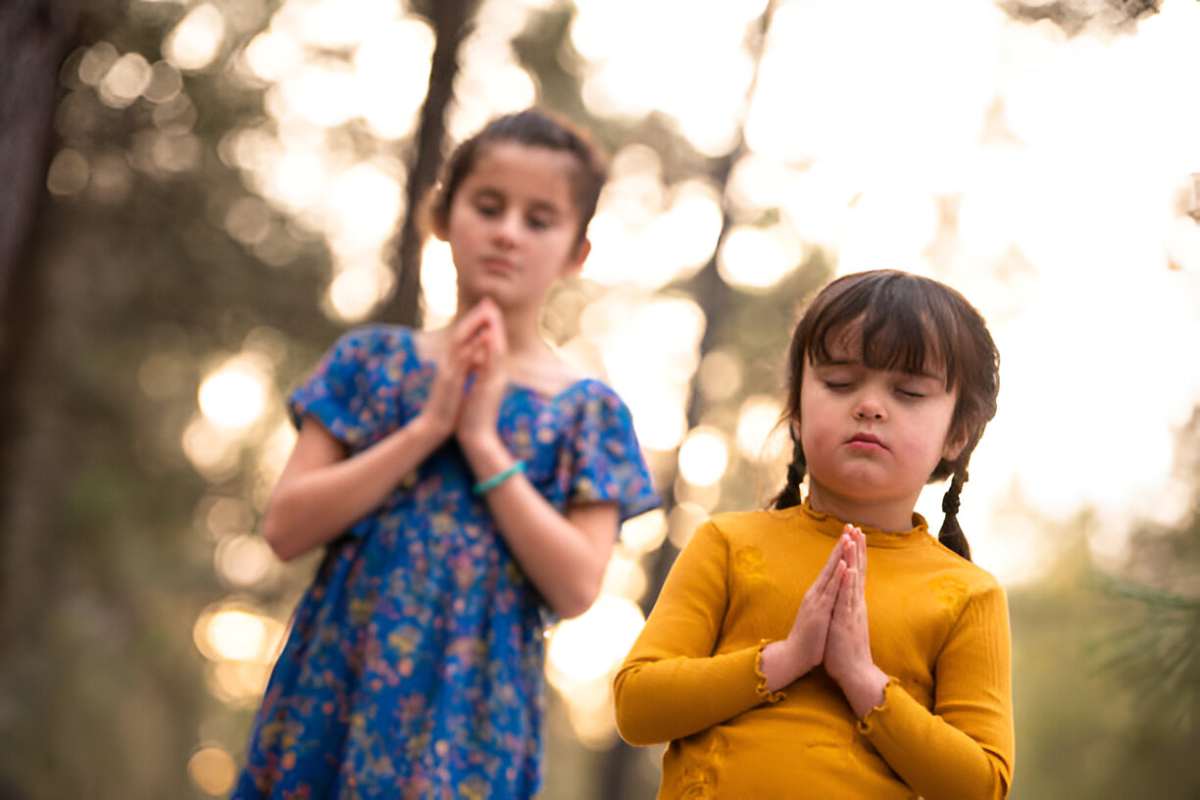Children often ask the biggest questions. Where do we go when we die? Who made the stars? Why do some people pray and others don’t? These moments can catch parents completely off guard, especially when you’re rushing to get everyone ready for school or standing in the cereal aisle at Tesco. Let’s look at how you can respect their spiritual journey.
Know That Kids Are Naturally Curios
Your child’s spiritual curiosity deserves the same respect you’d give their questions about dinosaurs or how aeroplanes work. Spiritual exploration feels more loaded because it touches on family beliefs, cultural traditions, and sometimes conflicting viewpoints between parents or extended family members.
Rather than shutting down these conversations or providing quick, dismissive answers, try creating space for genuine dialogue. When your eight-year-old asks why Grandma lights candles on Friday nights whilst your family doesn’t follow any particular tradition, that’s an opportunity. You might say something like, “Different families have different ways of connecting with what feels sacred to them. What do you think makes something feel special or meaningful?”
Formal Religious Practices
Some children gravitate towards formal religious practices, even when their families aren’t particularly observant. Others develop their own rituals like collecting stones from meaningful places, creating altars in their bedrooms, or insisting on moments of silence before meals. If you are a carer with an Active Care Solutions Muslim foster care agency, the children placed with you may have a similar religious background to you, but with different rituals. These expressions deserve acknowledgement rather than dismissal, even if they seem quirky or don’t align with adult sensibilities.
Family Beliefs
What about when children’s spiritual interests clash with family beliefs? This gets tricky, naturally. A child from a secular household might become fascinated with church services after attending a friend’s communion. Or perhaps your family follows one faith tradition, but your teenager feels drawn to Buddhist meditation or pagan practices they’ve encountered online.
The temptation might be to redirect these interests or worry about “phases,” but consider this approach instead: express genuine curiosity about what appeals to them. Ask open-ended questions about what they find meaningful or comforting in these practices. Sometimes children are drawn to the community aspects, the ritual elements, or simply the novelty of something different from their daily experience.
Creating Boundaries
Creating boundaries whilst showing respect requires some finesse. You might say, “I can see this feels important to you, and I’d like to understand more about it. Can we explore this together?” This approach maintains parental guidance without dismissing their authentic spiritual seeking.
Companionship
Remember that children’s spiritual development often happens in unexpected ways. They might find profound meaning in nature walks, feel connected to deceased relatives through family stories, or develop elaborate theories about the universe whilst lying in bed at night. These moments matter just as much as formal religious education or structured spiritual practices.
Your role isn’t to provide all the answers, something that would be impossible anyway, given the mystery inherent in spiritual questions. Instead, you’re offering companionship on their journey of discovery. Sometimes this means admitting you don’t know something, researching questions together, or simply sitting with uncertainty.
Spiritual Exploration
The goal isn’t to shape your child’s spiritual life into something that matches your own beliefs perfectly. Rather, it’s about helping them develop the tools for thoughtful spiritual exploration: curiosity, respect for different viewpoints, and the confidence to ask meaningful questions throughout their lives.
Also Read: Tips for Your First Vacation With Your Baby


